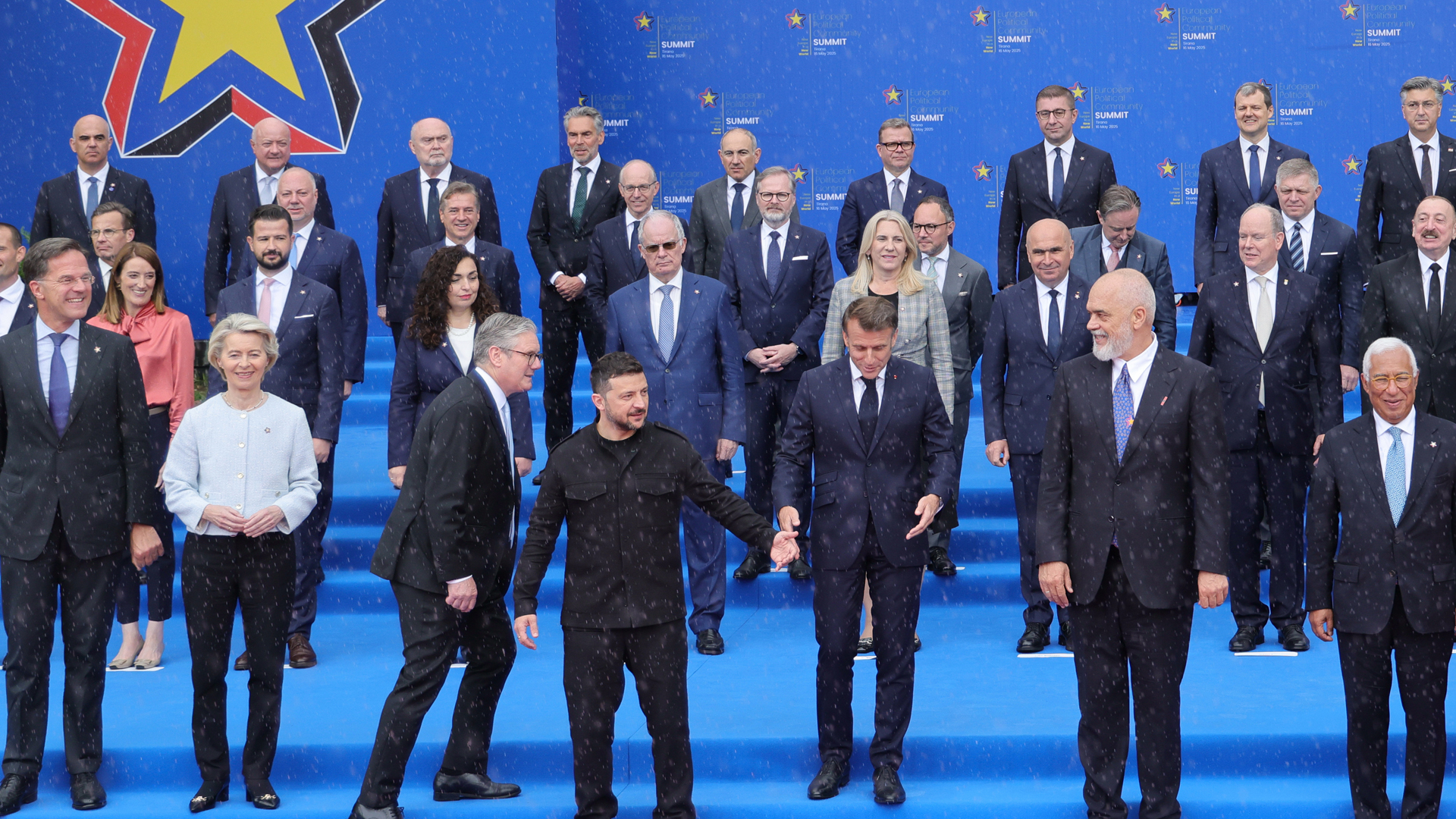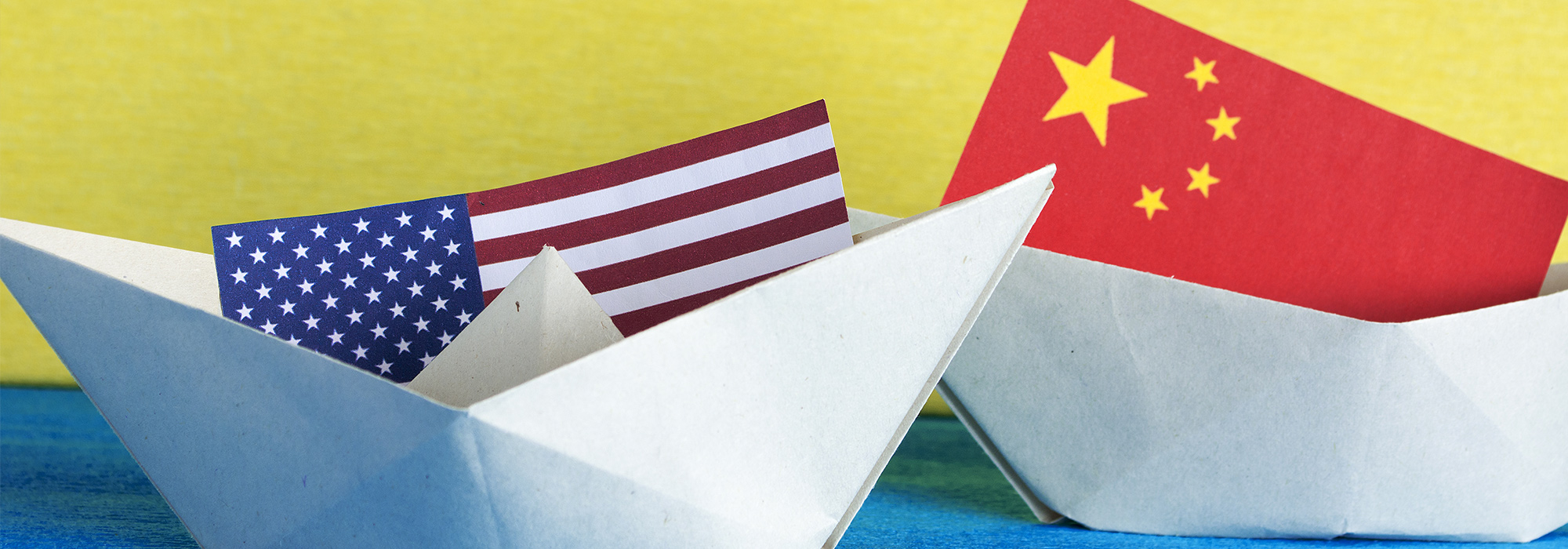
Because the South China Sea is where the sea lines of communication between the Horn of Africa and the Sea of Japan join together, the state that dominates the South China Sea will be a long way toward dominating the navigable rimland of the Eastern Hemisphere. Of course, the opposite is more likely to be the case: no one state will dominate the South China Sea. Another reason why the South China Sea is so important is that it is on the way to becoming the most contested body of water in the world.
The U.S. Navy presently dominates the South China Sea. But that situation will change. The size of the U.S. Navy has come down from almost six hundred warships in the Reagan era, to the mid-three hundreds during the Clinton era, to under three hundred now. It might go lower still by the 2020s, because of the retirement of current classes of submarines and surface warships, cost overruns, and future budget cuts, the result in turn of massive fiscal deficits. Meanwhile, the Chinese navy, the world’s second most powerful naval service, is growing rather dramatically. Rather than purchase warships across the board, China is developing niche capacities in subsurface warfare and ballistic missile technology (the DF-21 missile) designed to hit moving targets at sea, such as a U.S. aircraft carrier. If China expands its submarine fleet to 78 by 2020 as planned, it will be on par with the U.S. Navy’s undersea fleet in quantity. While the U.S. Navy’s submarine fleet is completely nuclear, it requires that feature to sail halfway around the world, in order to get to East Asia in the first place, even as China’s diesel-electric submarines are supremely quiet and can hide better, therefore, in the congested littorals of East Asia. At some point, China is likely to, in effect, be able to deny the U.S. Navy unimpeded access to parts of the South China Sea.
Thus, as China’s navy gets stronger — its economy permitting — and China’s claim on the South China Sea — as demonstrated by its maps — contradict the claims of other littoral states, these other states will be forced to further develop their own naval capacities and to balance against China by relying increasingly on the U.S. Navy: a navy whose strength has probably peaked in relative terms, even as it must divert considerable resources to the Middle East. Worldwide multipolarity is already a feature of diplomacy and economics, but the South China Sea is poised to show us what multipolarity in a military sense actually looks like. Just as German soil constituted the military front line of the Cold War, the waters of the South China Sea may constitute the military front line of the coming decades.
There is nothing romantic about this new front line. Whereas World War II was a moral struggle against fascism, the Cold War a moral struggle against communism, the post-Cold War a moral struggle against genocide in the Balkans, Africa, and the Levant, as well as a moral struggle against terrorism and in support of democracy, the South China Sea shows us a twenty-first-century world void of moral struggles, with all of their attendant fascination for humanists and intellectuals. Beyond the communist tyranny of North Korea, a Cold War relic, the whole of East Asia simply offers little for humanists. For there is no philosophical enemy to confront. The fact is that East Asia is all about trade and business. Even China, its suffering dissidents notwithstanding, simply does not measure up as an object of moral fury.
The Chinese regime demonstrates a low-calorie version of authoritarianism, with a capitalist economy and little governing ideology to speak of. Moreover, China is likely to become more open rather than closed as a society in future years. China’s leaders are competent engineers and regional governors, dedicated to an improving and balanced economy, who abide by mandatory retirement ages. These are not the decadent, calcified leaders of the Arab world who have been overthrown. Rather than fascism or militarism, China, along with every state in East Asia, is increasingly defined by the persistence, the rise even, of old-fashioned nationalism: an idea, no doubt, but not one that since the mid-nineteenth century has been attractive to liberal humanists.
Nationalism in Europe during the 1800s denoted a moral community against imperial rule. Now the moral community for which intellectuals and journalists aspire is universal, encompassing all of humankind, so that nationalism, whose humanity is limited to a specific group, is viewed as reactionary almost. (This is partly why the media over the decades has been attracted to international organizations, be it the United Nations, the European Union, or NATO — because they offer a path beyond national sovereignty.) Yet, despite pan-national groupings like ASEAN (Association of Southeast Asian Nations), it is traditional nationalism that mainly drives politics in Asia, and will continue to do so. And that nationalism is leading to the modernization of militaries — navies and air forces especially — in order to defend sovereignty, with which to make claims for disputed maritime resources.
There are no philosophical questions to ponder in this new and somewhat sterile landscape of the twenty-first century. It is all about power; the balance of power mainly. While the language at Asian summits will be soft, the deployment of warships in disputed seas will be hard. Military engagements on land involve occupation of civilian populations, which lead often to human rights violations, so that foreign policy becomes a branch of Holocaust studies. But the application of sea power is a purely military matter. Unless shelling on shore is involved, the dead are usually all in naval uniform, and thus there are no victims per se. In the early twenty-first century, the South China Sea will continue to be at the heart of geopolitics, reminiscent of Central Europe in the twentieth century. But unlike Central Europe it will not constitute an intellectual or journalistic passion.
The separation of geopolitics from human rights issues, which were conjoined in the twentieth century in Europe, plus the degree of abstraction that surrounds the naval domain in any case, will help make the South China Sea the realm of policy and defense analysts, rather than of the intellectuals and the media elite. Realism, which is consciously amoral, focused as it is on interests rather than on values in a debased world, will therefore triumph. This is how the South China Sea will come to symbolize a humanist dilemma.
The great exception to this line of argument is the environment. The Indian Ocean tsunami of December 2004 took place in the vicinity of the South China Sea and claimed more victims than the Iraq War. Even absent global warming, the normal variations of climate and seismic activity in environmentally fragile areas, combined with continued absolute rises in coastal populations, will virtually guarantee occasional humanitarian disasters around the South China Sea in coming decades. Navies will need to respond. By responding in the grandiose manner that it did to the Indian Ocean tsunami, the U.S. military, led by an aircraft carrier strike group, applied soft power in a way that augmented its hard power. Namely, humanitarian assistance to Indonesia led to resumed ties with the Indonesian military that the United States had not enjoyed for years. The news coverage of the Indian Ocean tsunami indicates how the South China Sea may appear to the world through the media’s distorting mirror. The experts will follow naval movements in these waters regularly, while the media will lavish prime-time attention on the region only in cases of natural catastrophe. But even in the midst of such catastrophes, in comparison to twentieth-century Europe, the human rights angle will be muted because while there will be victims, there will be no villains, except of course for Mother Nature. And without villains, moral choice that distinguishes between good and evil cannot operate, meaning that in a philosophical sense there will be comparatively little drama.
The moral drama that does occur will take the form of austere power politics, of the sort that leaves many intellectuals and journalists numb. Imagine the Melian Dialogue from the Fifth Book of Thucydides, but without the killing of the Melian menfolk, and without the enslavement of the children and womenfolk that followed — and that provided for the tragedy in the first place. In this revised Melian Dialogue for the twenty-first century: the Athenians, Greece’s preeminent sea power, tell the Melians that while Athens is strong, Melos is weak, and therefore must submit. As Thucydides writes, “The strong do what they can and the weak suffer what they must.” Thus, the Melians give in without violence. This will be China’s undeclared strategy, and the weaker countries of Southeast Asia may well bandwagon with the United States to avoid the Melians’ fate: in other words, power politics, almost mathematical in its abstractions, without war.
The Cold War excepted, the South China Sea presages a very different form of conflict than the ones to which we have become accustomed from World War I to Iraq and Syria. Since the beginning of the twentieth century, we have been traumatized by massive and conventional land engagements on one hand, and dirty, irregular small wars on the other. Because both kinds produced colossal civilian casualties, war, as I’ve said, has been the subject of humanists as well as of generals. But in the future we just might see a purer form of conflict (at least in East Asia), limited to the naval realm, with little for the intellectual journals of opinion to chew over: like the struggle between the United States and the Soviet Union, but without the prospect of land warfare. This is a positive scenario. For conflict cannot be eliminated from the human condition. A theme in Machiavelli’s Discourses on Livyis that conflict, properly controlled, is more likely to lead to human progress than rigid stability. A sea crowded with warships does not contradict an era of great human progress for Asia.
Excerpted from Asia’s Cauldron: The South China Sea and the End of a Stable Pacific (New York: Random House). © 2014 by Robert D. Kaplan. Maps copyright © by David Lindroth Inc. Used by permission.
Photo: Shutterstock by romantitov







